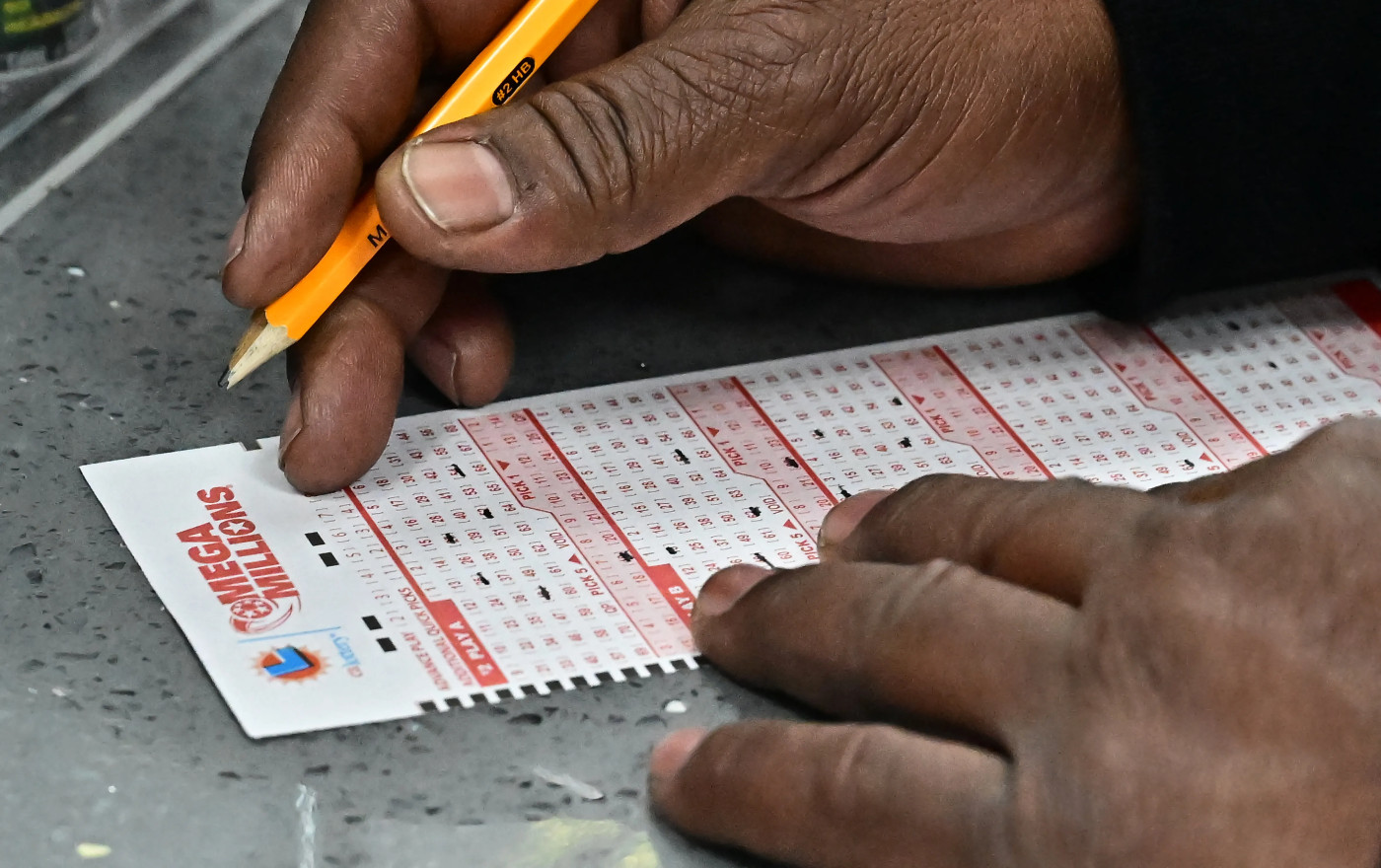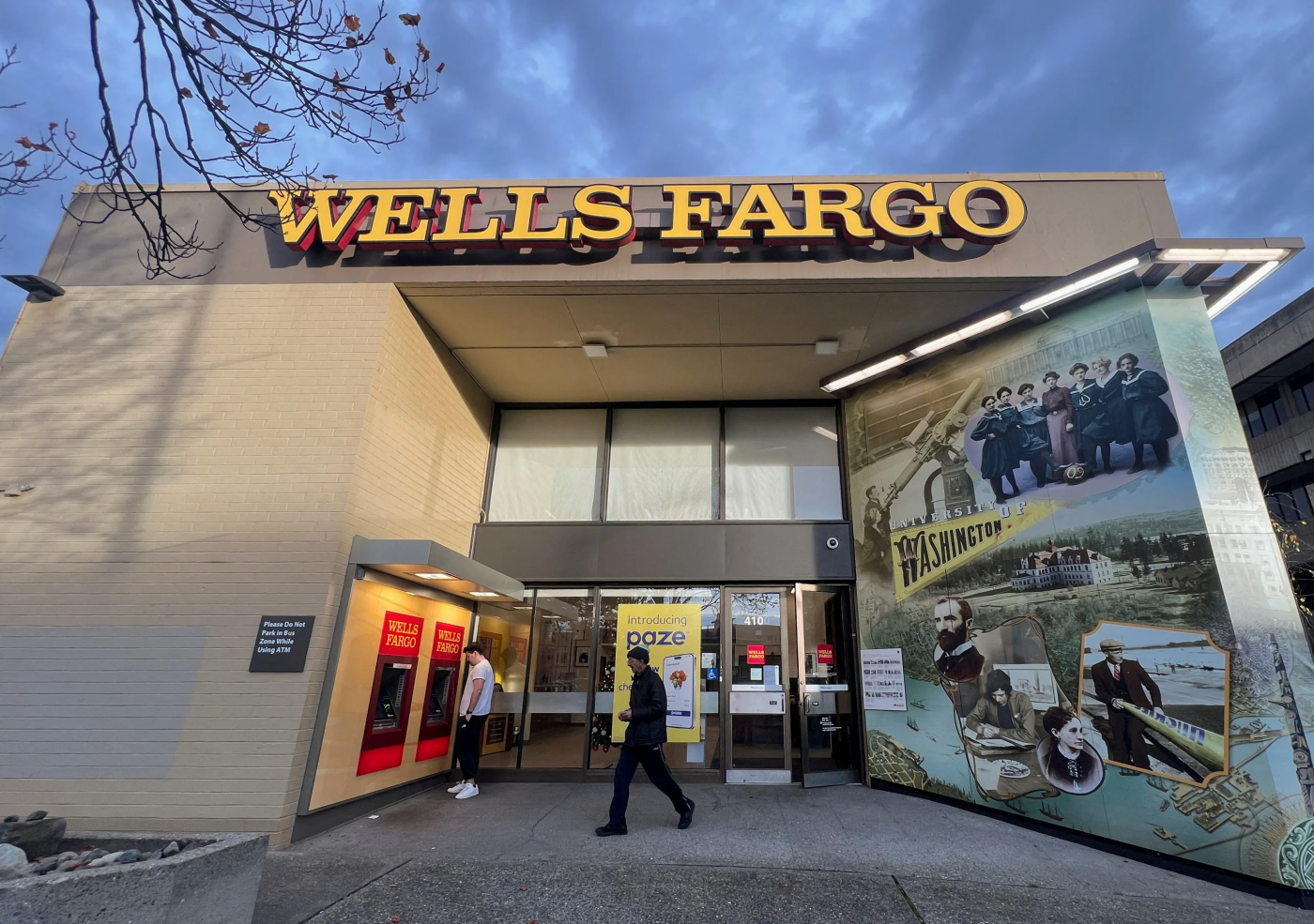
Americans say their savings accounts aren't keeping up with inflation. There's a fix.
Most Americans feel their bank accounts aren’t keeping up with inflation, a new survey finds, fresh evidence that savers who seek high interest rates may not be looking hard enough.
In a survey fielded by the personal finance site WalletHub, 65% of bank customers said the money in their accounts isn’t keeping pace with inflation. The findings come from a nationally representative survey of more than 200 consumers.
If a consumer’s bank account is earning less than the inflation rate, banking experts say, that may be the customer’s own fault.
"People do not do enough comparison shopping when it comes to where they're going to put their money, their savings," said Odysseas Papadimitriou, CEO of WalletHub. "They usually rely on the easiest solution."
The average savings account at an online bank delivers an annual interest rate of 3.6%, according to WalletHub research. Many high-yield savings accounts do better than that. That average is higher than the current inflation rate, which is 2.9%, as of December.
Capitalize on high interest rates: Best current CD rates
A simple internet search turns up multiple banks offering high-yield savings accounts that offer 4% or more in annual interest. Banks raised those rates in response to a dramatic increase in the prime lending rate, the rate banks charge their most creditworthy customers.
“This is something that is well within reach of literally everyone,” said Greg McBride, chief financial analyst at Bankrate, the personal finance site. “Opening one of these accounts takes a matter of minutes.”
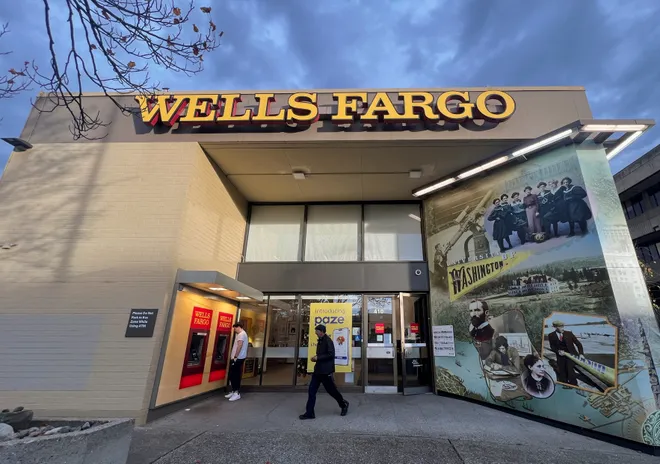
Savers have been slow to claim high interest rates
But consumers have been slow to claim those rates. A 2024 survey by Bankrate found that two-thirds of savers were still earning less than 4% interest.
Here’s a big reason: Those enviable interest rates mostly come from online banks, which operate with few or no brick-and-mortar branches.
Brick-and-mortar banks generally offer much lower interest rates on savings accounts. The overall average interest rate on a savings account is just 0.55%, according to Bankrate.
Online banks can offer some of the highest rates in the industry because they have lower overhead costs than big brick-and-mortar banks, industry experts say. Bank branches with lobbies and tellers cost money to operate.
Big banks also enjoy a competitive advantage over smaller online banks, according to banking experts: They already have your business. Changing banks is tricky. And many consumers aren’t familiar with the online alternatives.
"A lot of people dread applying for a new financial account," Papadimitriou said. "People feel less secure with smaller banks and credit unions, even though, in a lot of cases, they offer the best rates."
Only 29% of consumers are taking advantage of high-yield savings accounts, according to a survey published in November by Santander Bank.
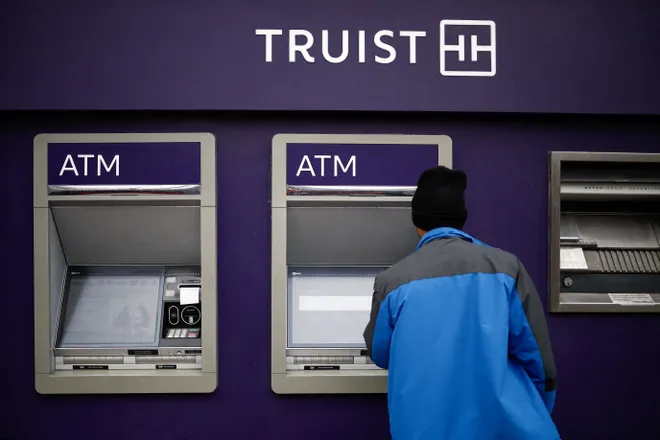
Many customers are confused about high-yield savings
Confusion abounds. Most consumers don’t realize you can open a high-yield savings account without leaving your main bank, Santander found. Most customers don’t understand that high-yield savings accounts are generally FDIC-insured, just like other bank accounts. Two-fifths of consumers don’t know how much interest they’re getting now.
“There’s a fundamental misunderstanding of what it takes to earn high yields on your savings,” McBride said. “It is not all or nothing. You do not have to move all of your accounts.”
The new WalletHub survey finds growing ennui among bank customers. Two-fifths of consumers said they think their bank is taking advantage of them. Three-fifths worry their bank might be hacked.
Capital One customers across the nation panicked last week when paychecks and other deposits failed to appear in their accounts because of problems with a third-party vendor. The bank said the days-long glitch was not a hack and promised no one’s money was ever in danger.
More than interest rates, perhaps, bank customers are concerned about fees. In the WalletHub survey, consumers said fees are what matters most to them when choosing a bank account, above interest rates, customer service or anything else.
When the survey asked what it would take for consumers to switch bank accounts, the most popular response was, “no fees.”
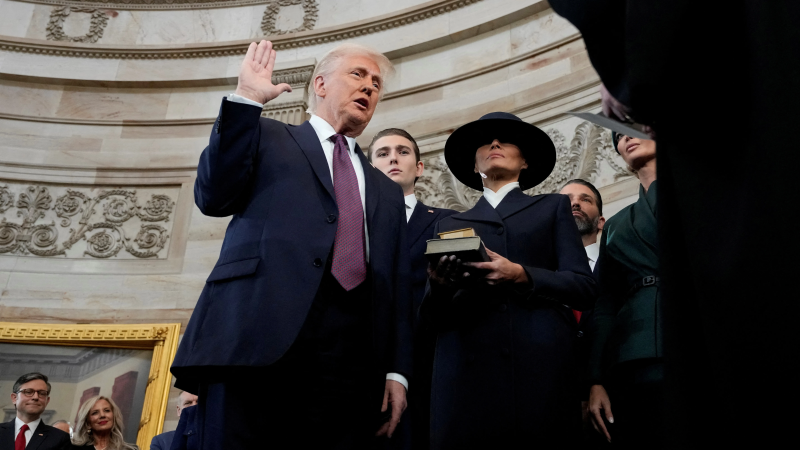
Consumers strongly support a cap on overdraft fees
Three-quarters of those surveyed said they would support a $5 cap on overdraft fees, the penalties charged to customers who overdraw their accounts.
In December, the Biden administration moved to cap overdraft fees at exactly $5, as part of its ongoing campaign against “junk fees.”
But bank industry leaders warn that the cap could backfire on the most vulnerable bank customers, who rely on overdraft protection to keep them solvent. And the cap faces an uncertain future under the new Trump administration.
